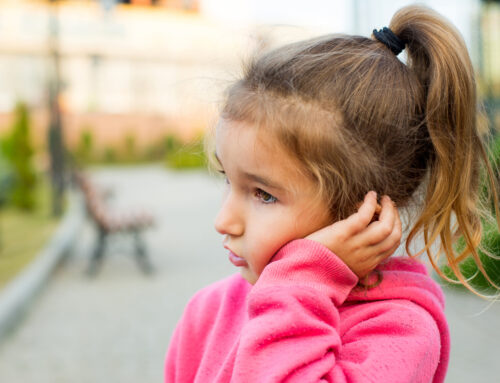Are Youth With Mood Disorders At Increased Risk for Self-Harm With Cannabis?
by Irwin J. Kash, MD
The long term safety of marijuana has been debated. The thought that marijuana is harmless is inaccurate. Marijuana has had the reputation of being non-addictive, unlike other harder drugs. Scientists don’t agree with that perspective, particularly in today’s environment that produces stronger strains. This is not your parents’ weak weed. Updated figures show that 20-30 percent of marijuana users develop cannabis use disorder or addiction. Teens and young adults with mood disorders are at significantly increased risk for developing depression, self-harm, death from unintentional overdose, suicidal thoughts and homicide. Reasons why these bad outcomes occur can be acting without thinking of the consequences(impulsivity), poor judgment and clouded thinking. Marijuana use is starting at younger and younger ages, which has all kinds of negative outcomes for brain development.
Mood disorders include depression and bipolar disorder (previously known as manic depressive.) Depression is associated with but not limited to no less than two weeks of feelings of sadness, absence of interest in pleasant or fun activities, irritability, lack of energy and sleep problems. Bipolar involves swinging between depression and a feeling of being super human, a feeling of being incapable of being defeated and may be associated with suicidal thoughts. It is recommended to have counseling of youths with mood disorders and their parents and families regarding the potential considerable negative health effects related to cannabis use. It is also recommended to have an open discussion with youth and without mental health conditions about misleading reports in the media and advertising about marijuana health benefits. Pot has had the reputation of being non-addictive. Some can use it without harm, just as some people can drink without harm, especially if use is infrequent. Scientists don’t agree, particularly in today’s world that produces strong strains. This is not your parents’ weak weed. Users develop addiction or other adverse consequences. including social or respiratory problems and motor vehicle crashes. cannabis use disorders are often associated with dependence, in which a person feels withdrawal symptoms when not taking the drug. Irritability mood and sleep difficulties, decreased appetite, cravings, restlessness, and/or various forms of physical discomfort that last up to 2 weeks (Nora Volkow MD director of the National Institute on Drug Abuse.)
Jl of Amer Med Assoc Jan 19, 2021
C Orlovsky Psycom








